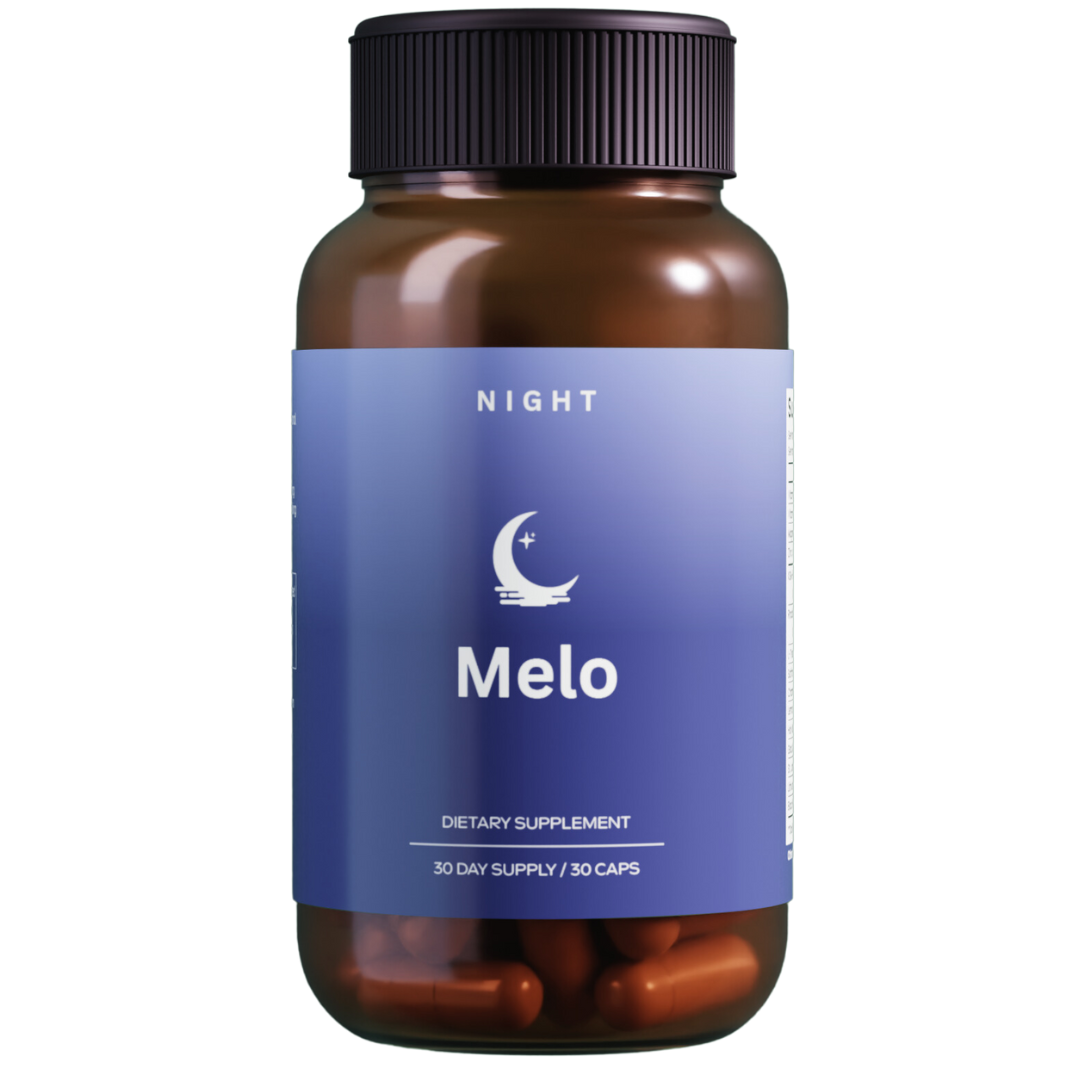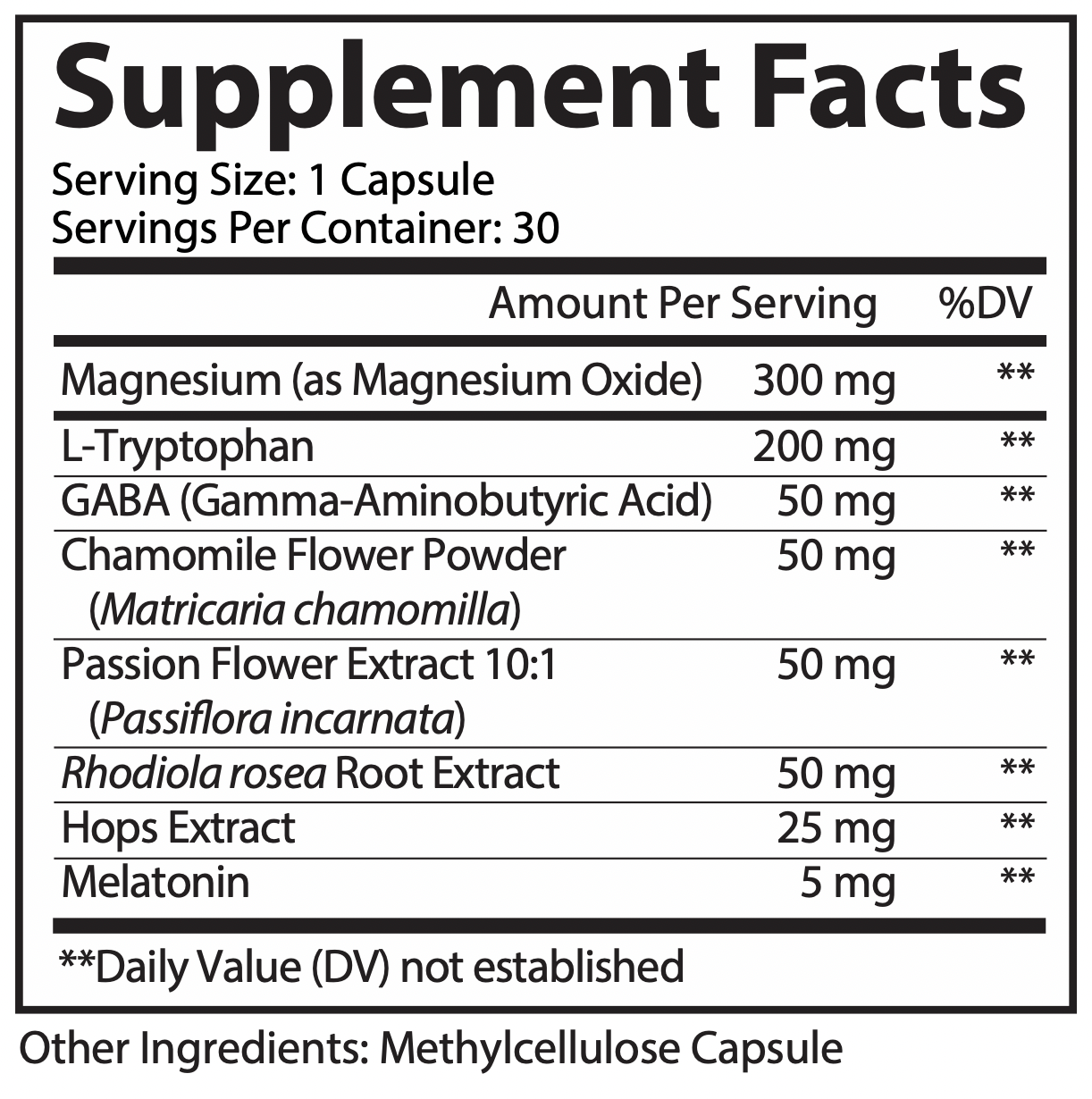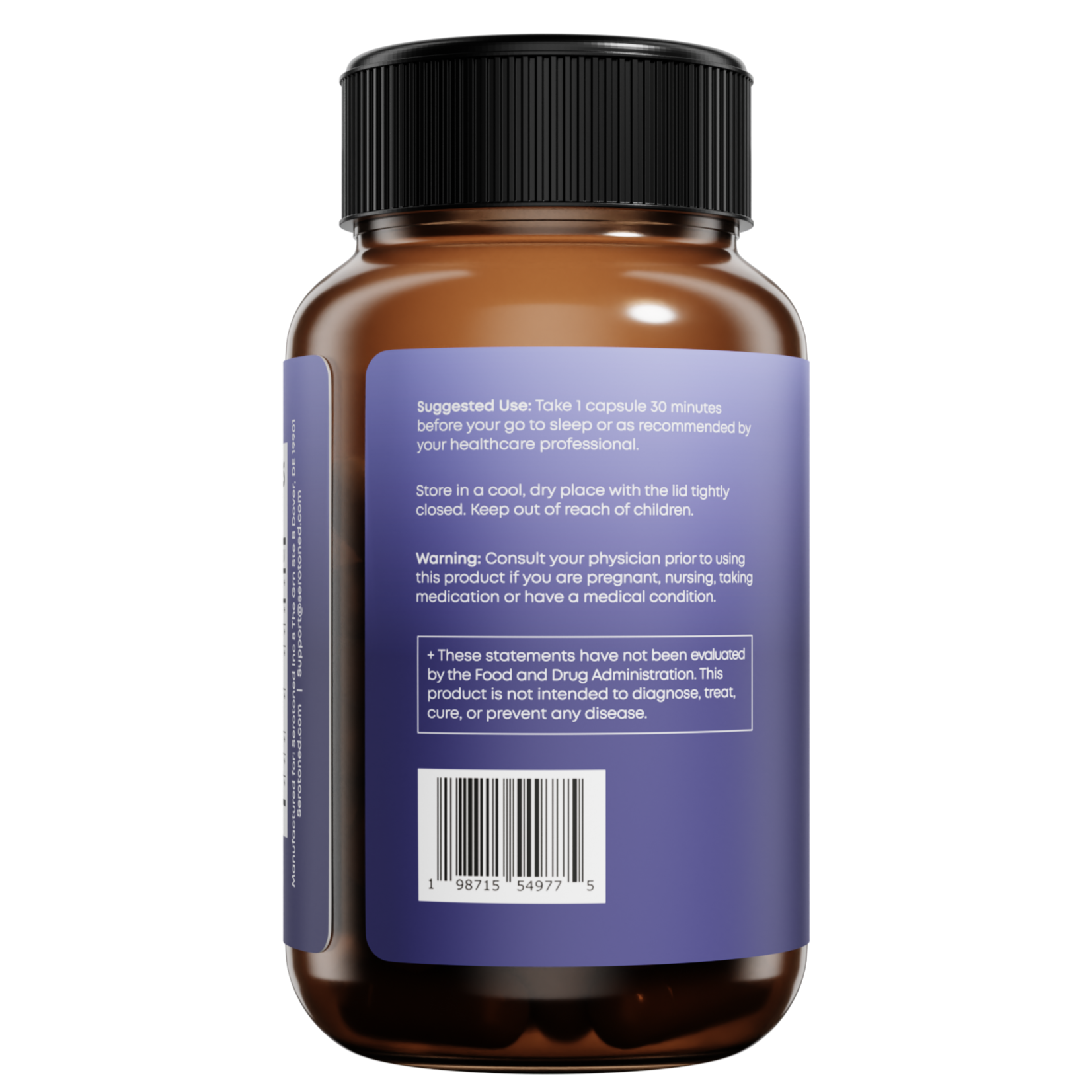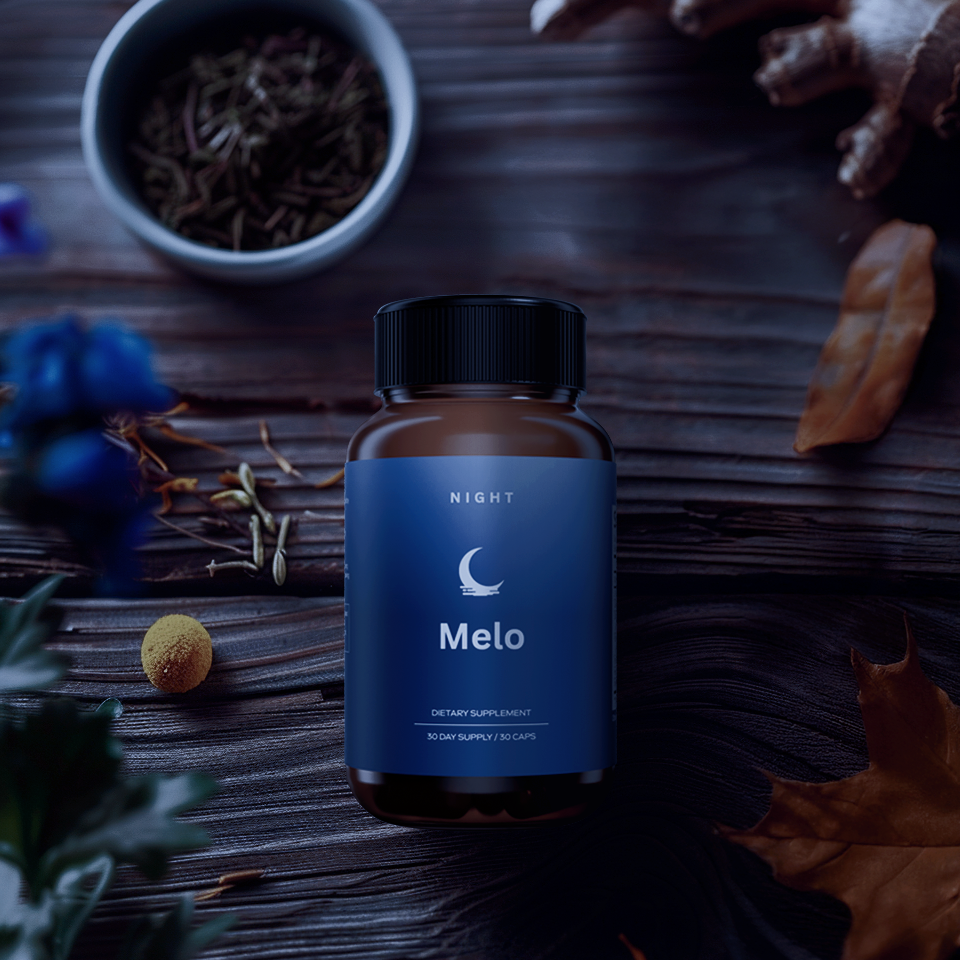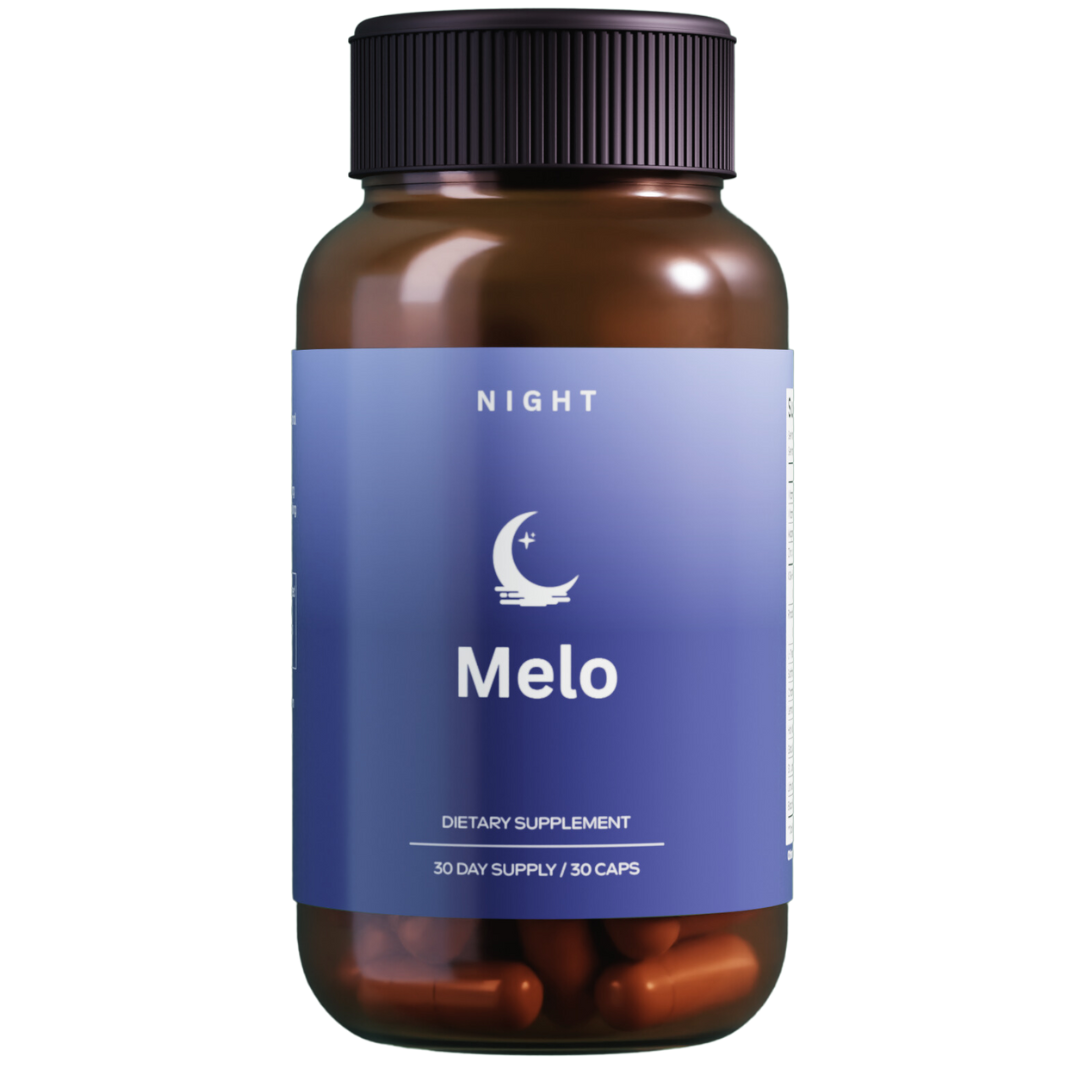
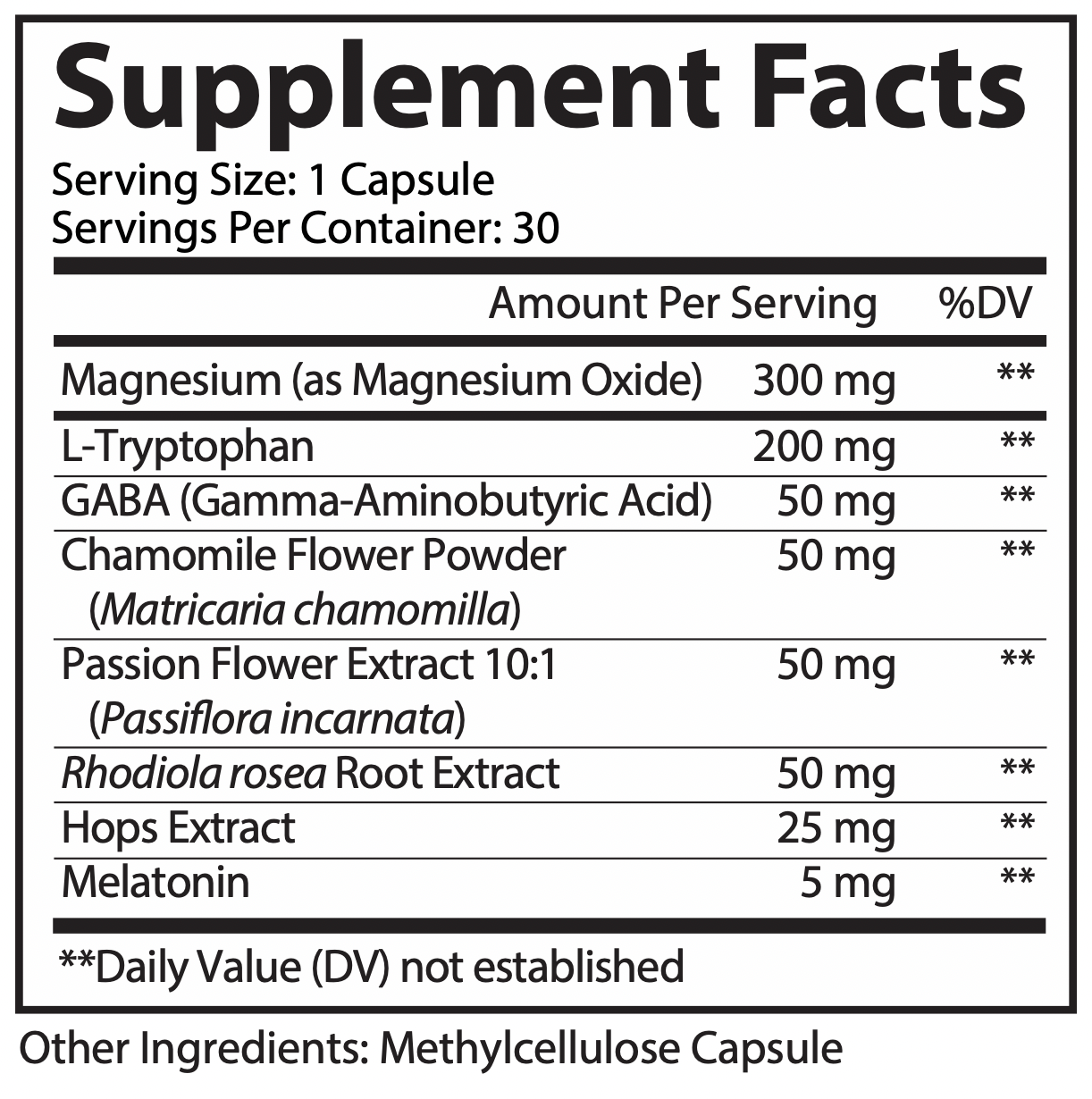
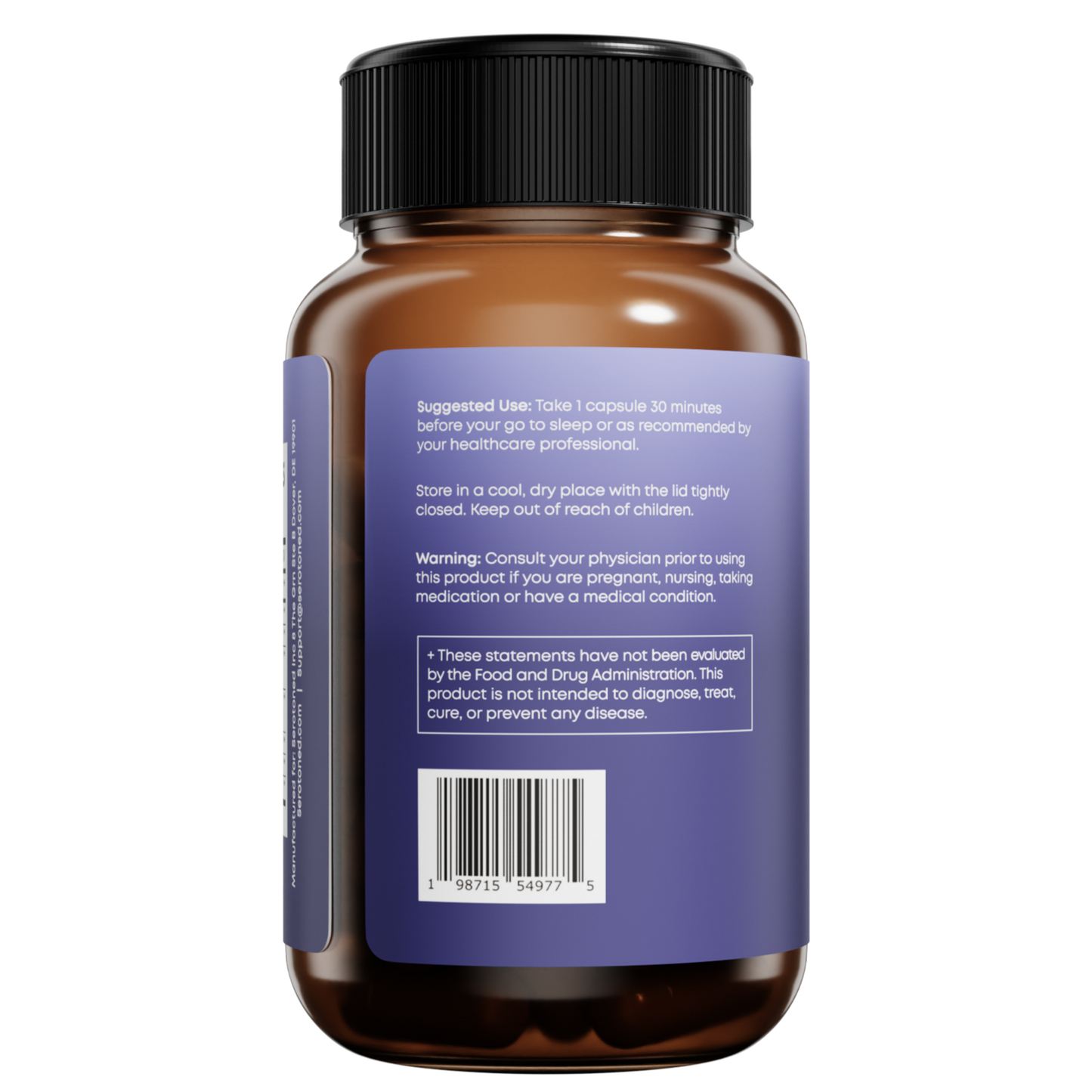
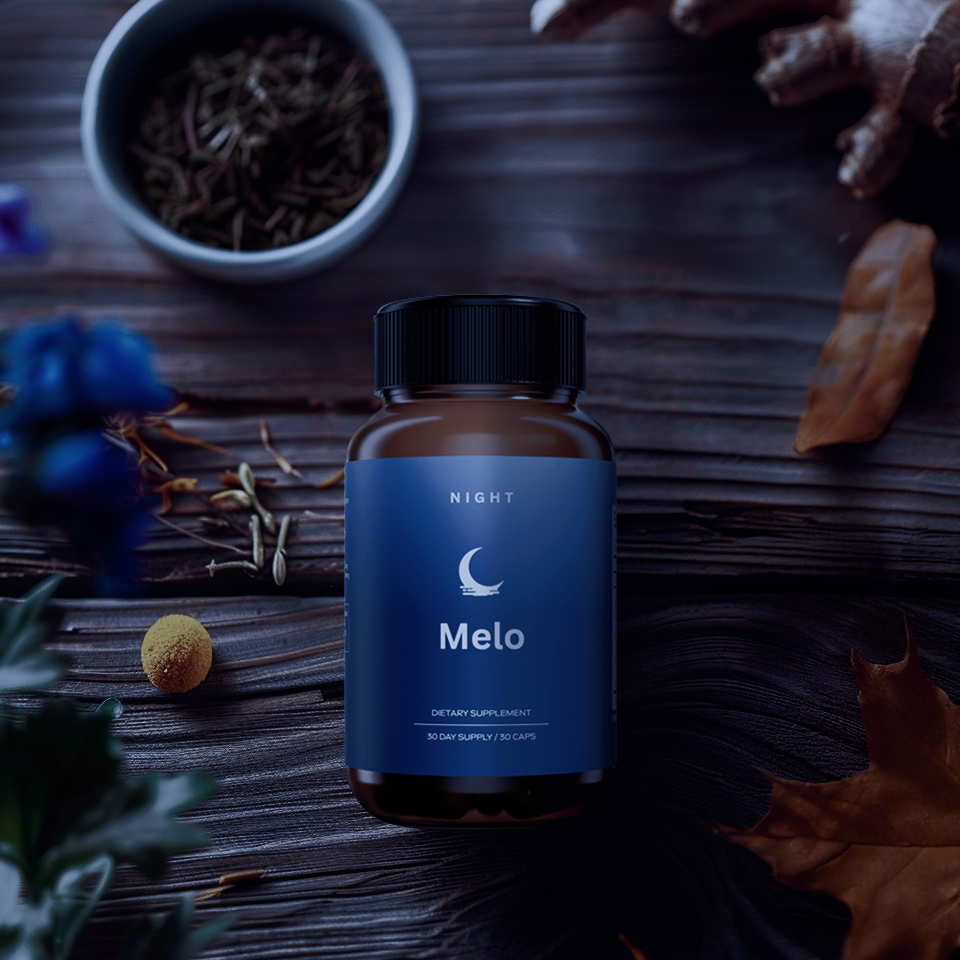




































One capsule a day keeps the anxiety away
Take one capsule of Sero a day, in the morning or night, with or without food. It's that simple.
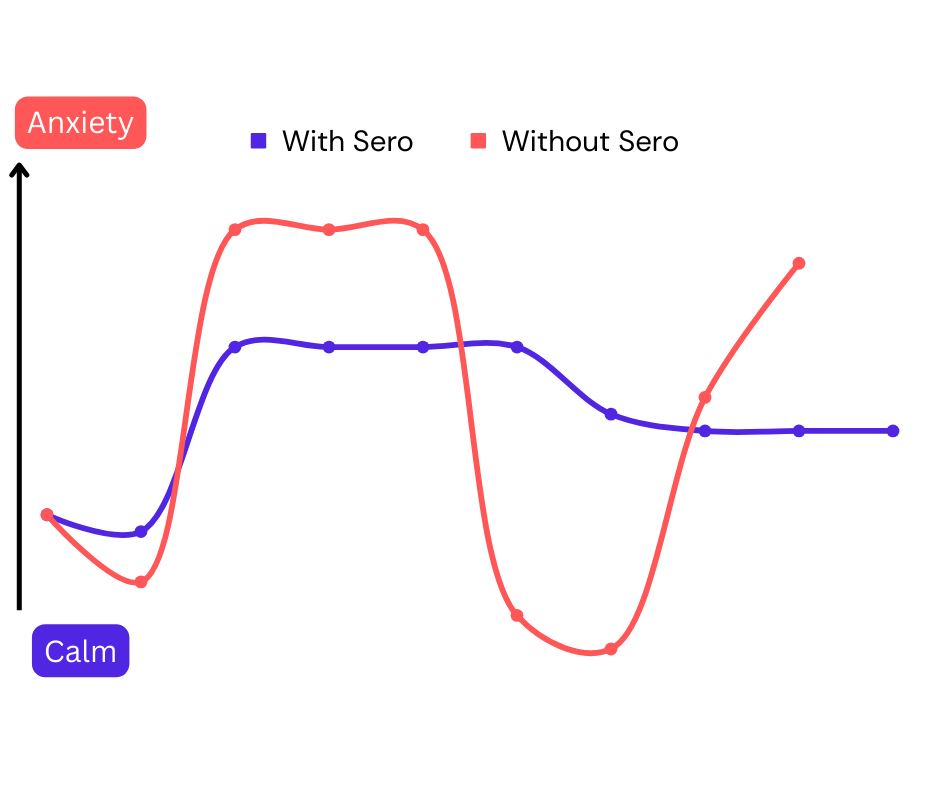
Tested by 10,000+
62%
Report less anxiety within 45 minutes
69%
Report improved mood and sleep within 1 week
76%
Report improved well-being and reaction to stress within 30 days
*Results based on feedback from 10,000 orders
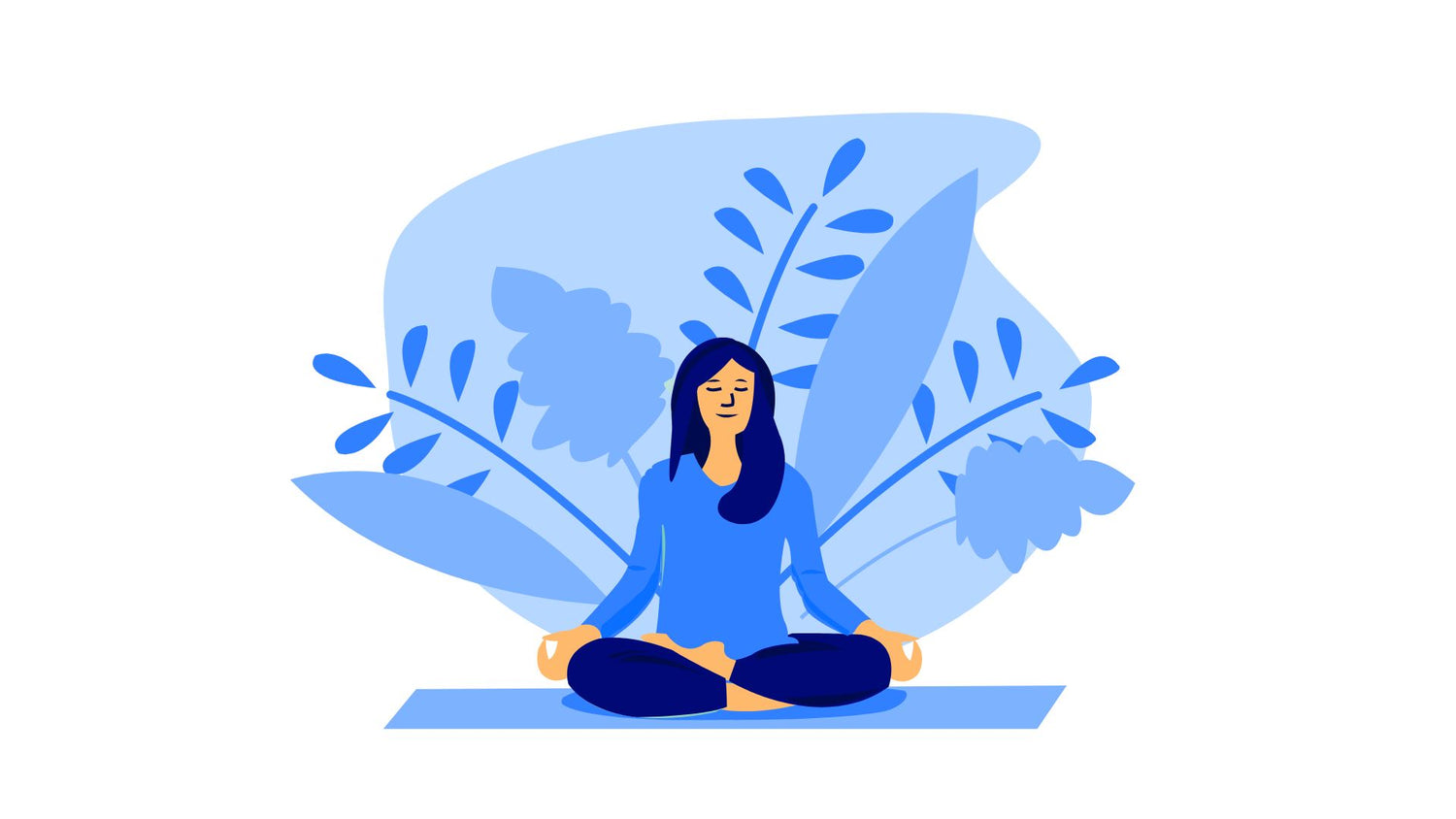
Feel the difference within 60 days or your money back!
If for whatever reason Sero doesn’t help you find relief, email us at support@serotoned.com and get a full refund within 60 days of purchase.
Why Sero?
| Sero-02 | Others | |
|---|---|---|
One a day |
||
High-absorption Albion® Magnesium Malate |
||
High-absorption Albion® Zinc |
||
KSM-66™️ Ashwagandha |
||
+ 12 science-backed adaptogens |
||
60-day money-back guarantee |
||
Available on Amazon |

